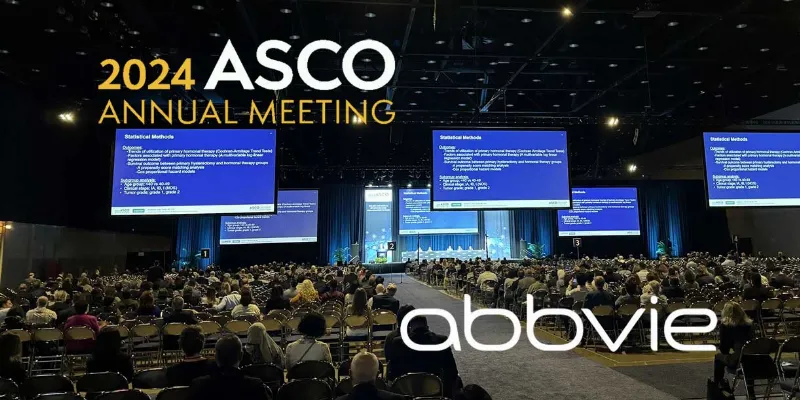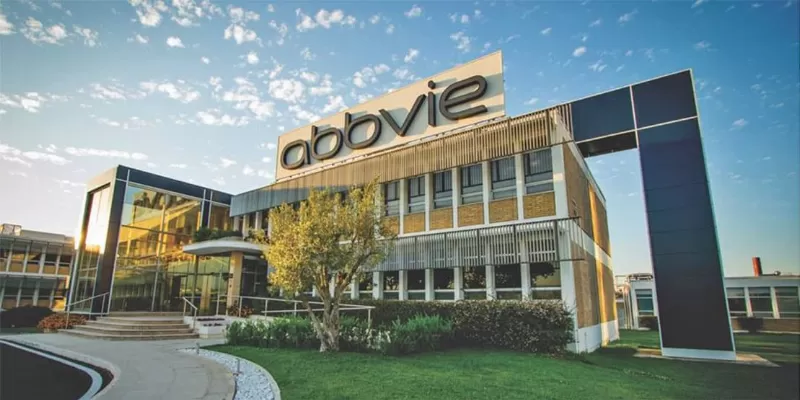AbbVie Reveals Promising ADC Data for Advanced Cancer Treatments at ASCO 2024

3 June 2024
AbbVie presented promising new data at ASCO 2024 for its innovative antibody-drug conjugates (ADCs) targeting advanced cancers. Highlights include efficacy of ABBV-400 in metastatic colorectal cancer, ABBV-706 in small cell lung cancer and neuroendocrine tumors, and Teliso-V in non-small cell lung cancer. These ADCs target specific biomarkers, offering hope for difficult-to-treat tumors.
At the American Society of Clinical Oncology (ASCO) Annual Meeting 2024, AbbVie revealed compelling new data from its innovative antibody-drug conjugate (ADC) platform, showcasing potential breakthroughs in the treatment of several difficult-to-treat cancers. The company presented findings from studies on three novel ADCs targeting specific protein biomarkers, promising a new era of targeted cancer therapies.
Promising Data for ABBV-400 in Metastatic Colorectal Cancer
One of the highlights was the Phase 1 study of ABBV-400, a next-generation c-Met directed ADC, aimed at patients with metastatic colorectal cancer (CRC). The study enrolled 122 heavily pre-treated patients, demonstrating notable antitumor activity. The results indicated an objective response rate (ORR) of 18% at a 2.4 mg/kg dose and 24% at a 3.0 mg/kg dose, administered once every three weeks.
Patients with higher c-Met expression exhibited even more promising responses, with an ORR exceeding 35% at doses ≥2.4 mg/kg. However, treatment-related adverse events were significant, with anemia (35%), neutropenia (7%), and febrile neutropenia (6%) being the most common severe side effects.
"c-Met overexpression, found in the majority of patients with metastatic CRC, has been reported to be associated with poor prognosis. However, there are no approved therapies specific for c-Met–overexpressing CRCs, making it an attractive cancer biomarker to target. Results from this Phase 1 study show preliminary evidence of efficacy for ABBV-400 in patients with heavily pre-treated colorectal cancer and are supportive of further exploration of this novel ADC in CRC and other solid tumors," said Dr. Manish Sharma, Principal Investigator of the ABBV-400 trial.

Telisotuzumab Vedotin for Advanced Non-Small Cell Lung Cancer
In the Phase 2 LUMINOSITY trial, AbbVie evaluated telisotuzumab vedotin (Teliso-V), another c-Met directed ADC, in patients with advanced non-small cell lung cancer (NSCLC). This ADC utilizes monomethyl auristatin E (MMAE), a microtubule polymerization inhibitor, as its payload. Positive results had been previously announced, underlining the therapeutic potential of this targeted approach in c-Met-overexpressing NSCLC.
ABBV-706 for SCLC and Neuroendocrine Tumors
Another exciting development is the first-in-human study of ABBV-706, a SEZ6 directed ADC, targeting small cell lung cancer (SCLC) and high-grade neuroendocrine neoplasms (NENs). Early data from this study showed a confirmed ORR of 43.8% among 48 efficacy-evaluable patients, with an impressive 60.9% ORR in the SCLC group. The primary adverse events included neutropenia (42%), anemia (42%), and leukopenia (28%).
"Our ADC platform allows us to utilize selected biomarkers such as c-Met and SEZ6 to induce targeted cancer cell death by delivering potent anti-cancer agents. The data we are presenting at ASCO demonstrate the clinical potential of this approach across a wide range of difficult-to-treat tumors," said Dr. Daejin Abidoye, M.D., V.P. Head of Solid Tumors, Oncology Development, AbbVie.
Broader Implications and Future Directions
AbbVie's ADC platform leverages cutting-edge technology to target specific protein biomarkers such as c-Met and SEZ6, which are overexpressed in various tumor types. By delivering potent anti-cancer agents directly to the cancer cells, these ADCs aim to maximize therapeutic efficacy while minimizing systemic toxicity.
In addition to ABBV-400 and ABBV-706, AbbVie also presented findings on mirvetuximab soravtansine (ELAHERE®), an ADC targeting folate receptor-alpha in platinum-resistant ovarian cancer. This comprehensive suite of presentations reflects AbbVie's robust and diverse oncology pipeline, poised to address various unmet needs in cancer therapy.











Comments
No Comments Yet!